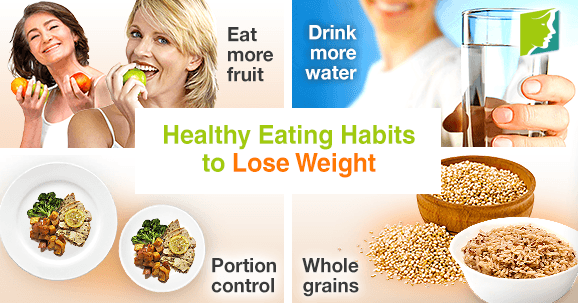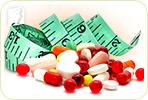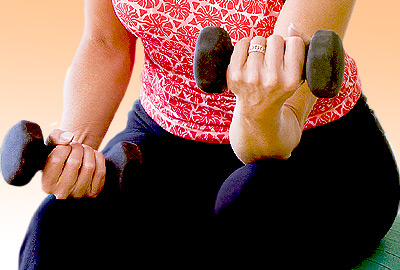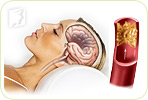Losing weight during menopause can be quite the task. As a person ages their metabolism tends to slow down and developing healthy eating habits to lose weight can be a challenge. It's common for women to gain weight during this transition, but it does not have to be an inevitable part of menopause.
Eating a wide variety of healthy foods in the right proportions can help make you feel energized and reduce your weight. Here we introduce healthy tips that you can incorporate into your lifestyle. Bouncing from fad diet to fad diet will usually not help you lose weight in the long run and can be bad for your overall health.
Eat More Fruit
Fruits are a tasty, low-calorie, and nutrient-packed alternative to regular desserts, Fruits are full of essential nutrients, such as vitamins or flavonoids, which are necessary for your body to function properly. In addition, fruit is a very wide category, meaning most people will find their favorite flavors easily. Try some berries or grapes for a snack on the go, a tangerine for a healthy vitamin C boost without any messy fingers, or make a tropical mix of chopped mango, papaya, kiwis, or watermelon to place on top of some yogurt. The possibilities are endless!
Drink More Water
Research has found carbonated drinks and sweetened juices to be one of the major contributors to obesity in the U.S. It is essential, therefore, to try to replace as many of these empty “liquid calories” as possible for fresh water, or at least 100% fruit juice. One good alternative is homemade flavored water: just carry a bottle of water with a couple of lemon or cucumber slices, or a few mint leaves, to quench your thirst and quell cravings throughout the day.
Portion Control
During the last 15 years, “value packs” and restaurant servings have grown to the point that it has skewed peoples' perspective of what healthy portions are. Experts from the National Institutes for Health have provided a golden rule for portion sizes: limit the piece of protein (meat, eggs, and tofu) to the size of the palm of your hand, carbs to the size of your fist, and fat to the size of a fingertip. It's also a good idea to share a meal when you go out to eat.
Whole Grains
Although not always easy, this can be one of the most effective tools when it comes to losing weight, and incorporating more whole grains in your diet also gives you profound health benefits. Whole grains - such as quinoa, brown rice, whole grain bread, oats, barley, and buckwheat - are packed with nutrients and fiber that provide your body with energy at a steady rate and significantly improve digestion. Meanwhile, white breads, pastas, or pastries made with refined flours usually lose most of their nutrients during the manufacturing process, and are known to be digested quickly, raise blood sugar levels, and eventually increase hunger.
Much of what is explored in this article is aimed at omitting foods that make you feel sluggish and encouraging foods that keep you energized and happy. It takes a little discipline, but you can still enjoy delicious treats.
Sources
- Harvard School of Public Health. (n.d.). Health Gains from Whole Grains. Retrieved June 3, 2014, from http://www.hsph.harvard.edu/nutritionsource/what-should-you-eat/health-gains-from-whole-grains/
- United States Department of Agriculture. (n.d.) Why is it Important to Eat Fruit? Retrieved June 3, 2014, from http://www.choosemyplate.gov/food-groups/fruits-why.html
- Harvard School of Public Health. (n.d.). Sugary Drinks. Retrieved June 3, 2014, from http://www.hsph.harvard.edu/nutritionsource/healthy-drinks/sugary-drinks/#ref33
- Stookey, J., Constant, F., Popkin, B. & Gardner, C. (2008). Drinking water is associated with weight loss in overweight dieting women independent of diet and activity. Obesity (Silver Spring), 16(11), 2481-2488 Retrieved from http://www.ncbi.nlm.nih.gov/pubmed/18787524
- National Institutes of Health. (2012). MedlinePlus: Portion Size. Retrieved June 3, 2014 from http://www.nlm.nih.gov/medlineplus/ency/patientinstructions/000337.htm




